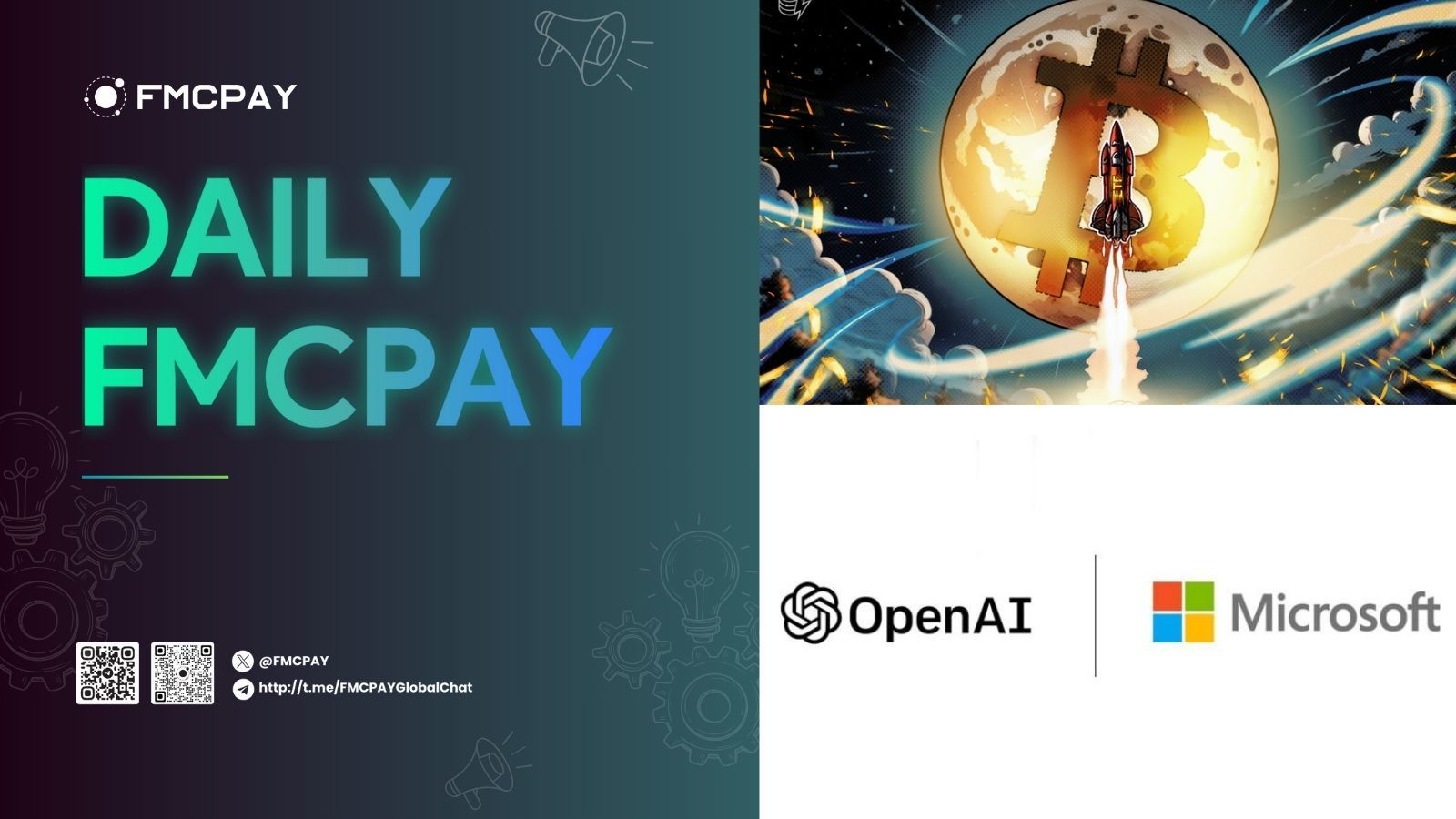Investors have poured over $650 million into United States-listed spot Bitcoin exchange-traded funds (ETFs) over the last three trading days since July 5, in an effort to bolster their Bitcoin holdings despite recent market turbulence.
Significant Inflows into Spot Bitcoin ETFs
The influx into Bitcoin ETFs has been notable, with substantial daily inflows recorded. On July 9 alone, US-based spot Bitcoin ETFs saw net inflows totaling $216.4 million. Notable contributions came from BlackRock’s iShares Bitcoin Trust, which attracted $121 million, followed closely by Fidelity’s Wise Origin Bitcoin Fund with $91 million.
In total, the combined inflows over the past three trading days reached $654 million, reflecting a strong investor sentiment towards Bitcoin despite its struggles to reclaim the $60,000 price level since early July.
Market Impact and Analyst Perspectives
Bitcoin’s current price stands at $59,165, marking a decline of nearly 15% over the past month. Analysts, however, remain hopeful that the recent ETF inflows could provide support for Bitcoin’s price. Sina G, co-founder and COO of Bitcoin custody consultancy firm 21st Capital, noted that previous price rallies from $16,000 to $73,000 were significantly influenced by ETF flows, suggesting a potential positive impact on Bitcoin’s price trajectory.
Challenges from German Government Selling
Despite the strong ETF inflows, they have not been sufficient to counterbalance significant Bitcoin sales by Germany’s Bundeskriminalamt (BKA). The BKA seized approximately 50,000 Bitcoin in mid-January as part of an investigation into a movie pirating website. Since July 5, the BKA has reduced its Bitcoin holdings by over $850 million, exacerbating market dynamics with substantial movements of Bitcoin to centralized exchanges and market makers.
As of now, the BKA holds 23,960 Bitcoin worth $1.4 billion, underscoring its significant influence on Bitcoin’s liquidity and market sentiment.
Conclusion
The recent surge in Bitcoin ETF inflows highlights continued investor interest in Bitcoin despite recent market volatility. While ETF investments aim to stabilize Bitcoin’s price, challenges posed by significant institutional Bitcoin sales, such as those by the German government, continue to impact market dynamics. Analysts will closely monitor these developments to gauge Bitcoin’s future price movements amidst evolving regulatory and market conditions.
Check Out the Latest Prices, Charts, and Data of BTC/USDT
Microsoft and Apple Step Back from OpenAI Board
In a surprising move, technology giants Microsoft and Apple have chosen not to take up board seats at the artificial intelligence firm OpenAI, amidst rising regulatory scrutiny.
Microsoft’s Withdrawal
According to a Bloomberg report on July 10, Microsoft has formally communicated its decision to withdraw from OpenAI’s board. This decision comes roughly a year after Microsoft made a significant $13 billion investment in OpenAI in April 2023. In a memo to OpenAI, Microsoft stated:
“Over the past eight months we have witnessed significant progress from the newly formed board and are confident in the company’s direction. We no longer believe our limited role as an observer is necessary.”
Microsoft’s decision signals a strategic shift, indicating their confidence in the current board’s trajectory and the progress OpenAI has made.
Apple’s Position
Contrary to earlier reports suggesting that Apple would gain an observer role on OpenAI’s board as part of a significant agreement announced in June, OpenAI has confirmed that it will not have any board observers following Microsoft’s exit.
OpenAI’s Response
OpenAI expressed gratitude towards Microsoft for their support and confidence in the company’s direction. The AI startup looks forward to continuing its successful partnership with Microsoft despite the latter’s withdrawal from the board:
“We’re grateful to Microsoft for voicing confidence in the board and the direction of the company, and we look forward to continuing our successful partnership.”
Implications and Context
This development highlights the delicate balance tech companies must maintain amid increasing regulatory scrutiny in the AI sector. By distancing themselves from board involvement, Microsoft and Apple might be looking to mitigate potential regulatory concerns while continuing their strategic partnerships and investments in AI technology.
Read: Coin Listing on FMCPAY: An Overview


